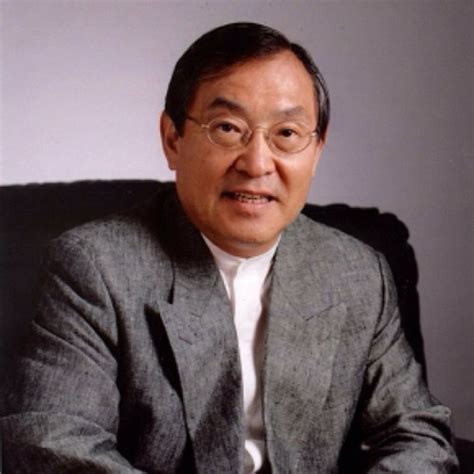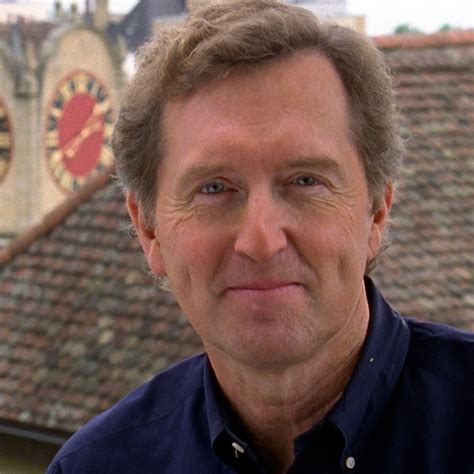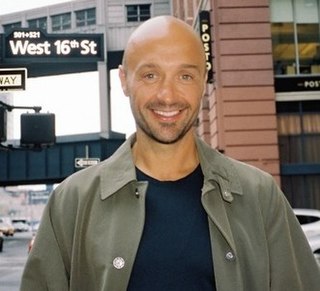A Quote by Thomas Kuhn
Rather than being an interpreter, the scientist who embraces a new paradigm is like the man wearing inverting lenses.
Related Quotes
My problem with Obama is that he's not a new paradigm; he's an old paradigm. A new paradigm would be somebody like Harold Ford [former Democratic Congressman from Tennessee] or Michael Steele [former Republican Lieutenant Governor of Maryland], no relation, both of whom present themselves as individuals, and don't seem to wear a mask. They don't 'bargain;' they don't 'challenge.' So, I see them as fresh, and as evidence of what I hope will be a new trend.
But innovation is more than a new method. It is a new view of the universe, as one of risk rather than of chance or of certainty. It is a new view of man's role in the universe; he creates order by taking risks. And this means that innovation, rather than being an assertion of human power, is an acceptance of human responsibility.
When you see reference to a new paradigm you should always, under all circumstances, take cover. Because ever since the great tulipmania in 1637, speculation has always been covered by a new paradigm. There was never a paradigm so new and so wonderful as the one that covered John Law and the South Sea Bubble - until the day of disaster.
A paradigm shift is the best a scientist can hope for. Whenever I smell an opportunity like that, I go after it. You have a new discovery that something's working in a different way than you thought. And this is particularly true in molecular and cell biology, which is structural biology and has the least potential for controversy and partisanship among the biological scientists. You're dealing with a concrete object that's either there or not there.
It is hard to let old beliefs go. They are familiar. We are comfortable with them and have spent years building systems and developing habits that depend on them. Like a man who has worn eyeglasses so long that he forgets he has them on, we forget that the world looks to us the way it does because we have become used to seeing it that way through a particular set of lenses. Today, however, we need new lenses. And we need to throw the old ones away.
Buying a pair of shoes is one of the most optimistic acts I know, next to falling in love. I like nothing better than to see an old man wearing a brand new pair of brogues or cap-toed oxfords, preferably jaunty orange-brown, unscuffed, heels unworn. We want to be here tomorrow, but buying new shoes, like falling in love, says I plan on being here tomorrow.
Individuals who break through by inventing a new paradigm are almost always either very young men or very new to the field whose paradigm they change. These are the men who, being little committed by prior practice to the traditional rules of normal science, are particularly likely to see that those rules no longer define a playable game and conceive another set that can replace them.



































